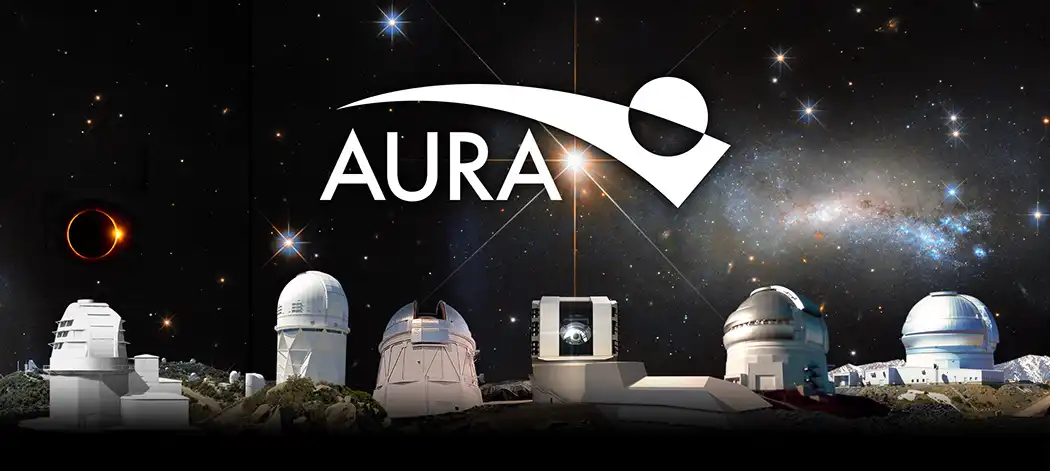Council hears opposition to bill to restrict access to Holomua Road

After voting unanimously last month to restrict public access to Holomua Road because of concerns about the threat of brush fires and public safety in Pāʻia, Maui County Council members heard opposition earlier this week from homeless advocates arguing that closing the road would displace people who have nowhere else to live.
Attorney and homeless advocate Leslee Matthews said it’s inappropriate to close off and displace people living off the out-of-the-way road that leads to old Maui High School, especially without a more thorough discussion in committee.
“I think that we should just call the bill what it is; it’s an anti-homelessness bill,” she said. “It doesn’t provide any resources. It doesn’t provide for fire safety. It doesn’t do those things.”
Closing the road would impact people who can’t find shelter in places like Ka Hale A Ke Ola Homeless Resource Centers, she said. The agency lost its 78-unit Westside Shelter in Lahaina in the August wildfires. Its Wailuku shelter remains open.
Matthews tried to find housing for a person with disabilities with her mother and child. “They still have not gotten access to shelter because our shelters are full,” she said.
“A lot of our people want housing, and housing is just out of reach for so many,” she said.
Introduced by Makawao-Haʻikū-Pāʻia Council Member Nohelani Uʻu-Hodgins, Bill 95 passed 9-0 on first reading May 21. The action came after council members agreed to waive referral to committee over the objections of Council Member Gabe Johnson.
If enacted, the measure would close the mauka portion of Holomua Road above the entrance to old Maui High School. Parking and vehicle access would be prohibited on the lower portion of the road from 7 p.m. to 7 a.m. The bill is set for second and final reading on June 7.
During the May 21 Council meeting, Uʻu-Hodgins asked for quick passage of the bill because brush fire season is approaching, and there’s a potential risk of fire spreading to Pāʻia town. She noted that firefighters have responded several dozen times in the first few months of the year to the tucked away area, known for homeless encampments. Impacted homeless people would not simply be moved out; there are ongoing efforts to house them elsewhere, she said.

The bill was opened for public discussion Monday during a meeting of the Water Authority, Social Services and Parks Committee, chaired by Council Member Shane Sinenci.
At that meeting, Haʻikū resident Trinette Furtado testified against Bill 95, saying council members have been listening to “one-sided narratives from entities that have not and do not go out to that area to speak to folks there to truly assess the situation.”
The result has been to “scapegoat our most indigent population with a myopic piece of legislation that claims to address fire mitigation and safety, but does nothing to address the rest of the fire-prone areas held by large landowners that aren’t mandated to do anything,” she said.
That happens “while engendering harmful public sentiment, generalization and stereotypes about those whose stories we know nothing about,” Furtado said.
She took issue with Uʻu-Hodgins’ statement on May 21 that the needs of people living off of Holomua Road should not take precedence when fire hazards risk the vulnerable town of Pāʻia. She said the council member’s comment is “as if the vast swaths of dry overgrown grasses on adjacent ag parcels are their fault; or that those parcels aren’t even an issue when it comes to brush fires.”
Furtado said that if homeless people living off Holomua Road were to get the help they need, then there should be a well thought out plan with government agencies to assist them. The plan should be included in Bill 95, she said.
And, if it’s truly about fire mitigation and public safety, then the measure “should include some stringent requirements of absentee and lazy landowners in the area who do not mālama ʻāina to ensure that any possibility of fire from those properties are minimized,” Furtado said.
Maya Marquez said she has been helping with outreach to people living on Holomua Road, and she believes that closing it would be “criminalizing our homeless, our unsheltered, and it would be detrimental because there is nowhere for them to go. Where are we moving people? We just keep moving people as if they’re gonna disappear into thin air. These are human beings, not things. So, I really oppose this bill.”
Jordan Hocker said that she agrees that something should be done about Holomua Road, but the situation there stems from “people who have been forced to shelter there due to a lack of resources and the intense economic pressure here on Maui.”
“To be blunt, the forced closure of Holomua without a proper transition plan – one that actually shelters these people and does not box out advocates who know and serve them – is unconscionable,” Hocker said. “This body needs to see that houselessness is an output of our economic and social structure. There simply aren’t places for people to go, and post-fires with the high cost of rents and lack of inventory, more of our people are rapidly becoming unsheltered.”
Homeless people living on Holomua Road are not the biggest wildfire threat, she said. It’s “negligent landowners of large, fallow lands encircling the town that are dominated by highly flammable invasive grasses.”
The landowners include Mahi Pono and Alexander & Baldwin, she said. Maui Now sought but did not receive comment from the landowners’ representatives, in a request sent via email on Wednesday afternoon.
Gordon Jackson, known on the street as “Stitch,” said he was one of the first residents at Puʻuhonua o Nēnē, a homeless services shelter and center, also known as “tent city,” near Kahului Airport. He said he tends to be agoraphobic; that is, someone suffering from an anxiety disorder, which he said means he doesn’t like to be around a lot of people.
Jackson said he was at Puʻuhonua o Nēnē for about three months, but toward the end of his stay it became so physically demanding that he lay unconscious on his bunk. Eventually, he said, he just “had enough; and I just left.”
“When people ask me what we can do about the homeless situation, well, there isn’t anything we can do about it because it’s a business,” he said. “We got to stop funding these organizations like Project Vision, Family Life Center; stop giving them money to help the homeless; give them money to actually do the work.”
Funding should be redirected to finding homeless people places to live, he said.
His testimony prompted a question from Council Chair Alice Lee. “What will it take to help you?” she asked.
“To help me?” Jackson asked. “A place to live.”
“But, besides a place to live, I mean, you want a Ka Hale A Ke Ola type of place to live? What kind of place to live?” Lee asked.
“Well, like I said, I’m a very solitary creature,” he said. “A shelter is not going to work for me. I would rather live in a tent on the beach because being around a lot of people it’s just, I can’t survive that way.”
During an April 2 public meeting by the Budget, Finance and Economic Development Committee, a half-dozen testifiers shared public safety concerns about Holomua Road. Testifiers reported foul, inappropriate and threatening behavior; trash and human waste; and multiple brush fires.
Courts have ruled that municipalities need to be mindful of individual rights when taking action to address complaints about homeless encampments.
In March, the Hawai‘i Supreme Court decided that Article I, Section 5 of the Hawai‘i State Constitution required Maui County to hold a contested case hearing before seizing and destroying the property of houseless individuals. The ruling stemmed from a homeless “sweep” of the Pu‘uhonua o Kanahā encampment at Kanahā Beach Park in September 2021.
A case pending before the US Supreme Court, City of Grants Pass, Oregon v. Gloria Johnson, et al, could significantly impact the way local municipalities manage homeless encampments. The high court is considering the question: “Does the enforcement of generally applicable laws regulating camping on public property constitute ‘cruel and unusual punishment’ prohibited by the Eighth Amendment?”
The case challenges a 9th US Circuit Court of Appeals ruling in 2018 that has become known as Martin v. Boise. In that case, the 9th Circuit ruled that the cruel and unusual punishments clause of the US Constitution prevents cities from enforcing criminal restrictions on public camping unless the person has “access to adequate temporary shelter.” In doing so, the 9th Circuit extended the Martin ruling to a class-wide injunction preventing the City of Grants Pass from enforcing its public camping ordinance, even through civil citations. The decision bans municipalities in western states from fining or arresting people for sleeping or camping on public property.
The Supreme Court is expected to rule soon in the Grants Pass v. Johnson case.









